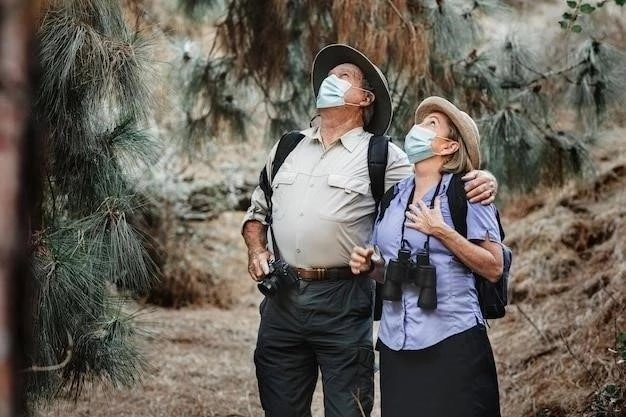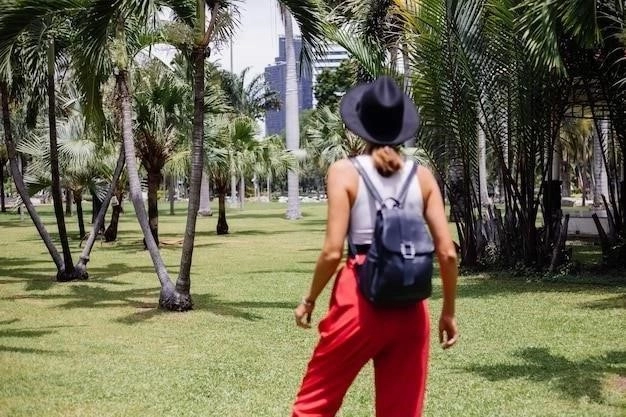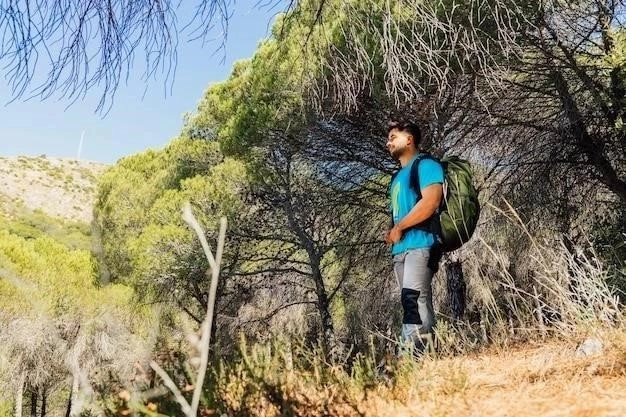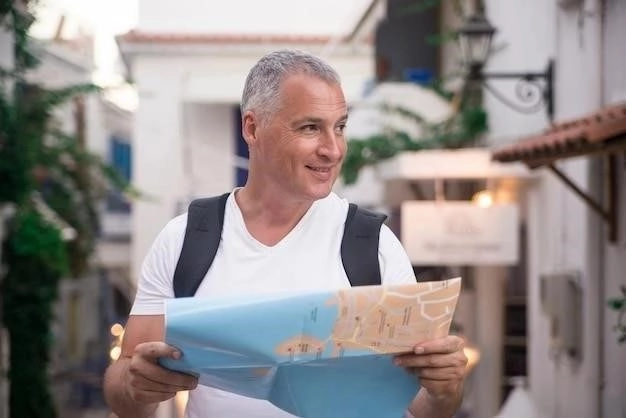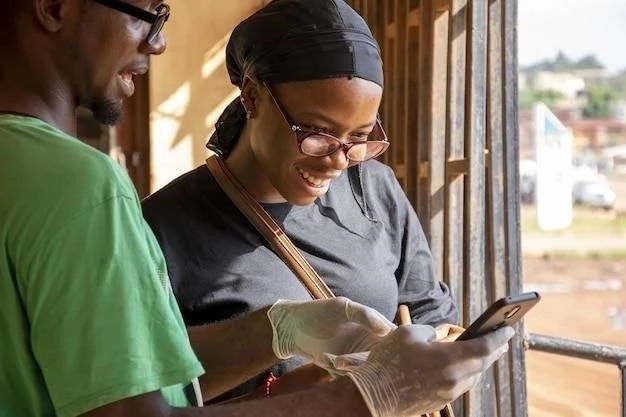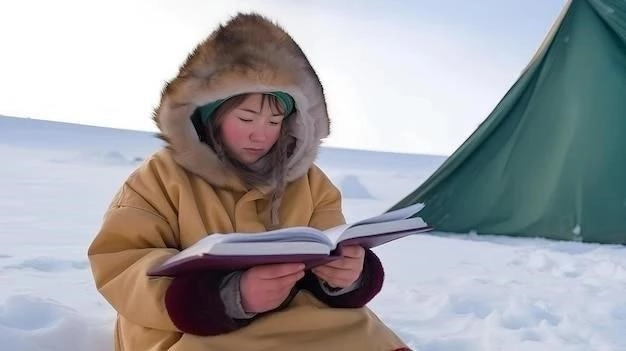Known as “The Land of a Thousand Hills,” Rwanda is a captivating East African nation characterized by its stunning landscapes, diverse wildlife, and resilient people. From the misty volcanoes of Volcanoes National Park, home to the endangered mountain gorilla, to the vibrant city of Kigali, Rwanda offers an unforgettable travel experience.
Planning Your Trip
A trip to Rwanda, while rewarding, necessitates careful planning to ensure a seamless and enriching experience. Below are key aspects to consider when planning your Rwandan adventure:
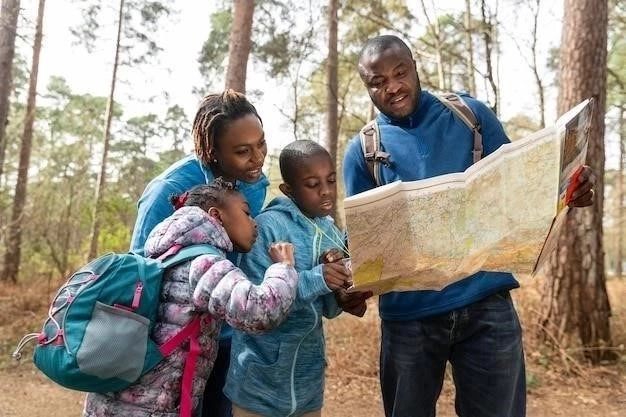
Research and Itinerary:
Begin by researching the diverse attractions Rwanda offers, from wildlife encounters in national parks to cultural immersions in local communities. Once you’ve identified your interests, craft a realistic itinerary, allowing ample time for each experience.
Booking:
Given the popularity of gorilla trekking and other wildlife activities, booking accommodations, permits, and tours well in advance, especially during peak season (June-September and December-February), is essential.
Health Considerations:
Consult your healthcare provider regarding necessary vaccinations and malaria prevention. Travel insurance is highly recommended to cover unforeseen circumstances.
Currency Exchange:
The Rwandan Franc (RWF) is the official currency. Credit cards are accepted in major cities and tourist areas, but carrying local currency for smaller establishments and rural areas is advisable.
Local Transportation:
While car rentals are available, hiring a driver or utilizing ride-hailing services is recommended for navigating unfamiliar roads. Domestic flights are an efficient option for traveling between major cities.
Visas and Entry Requirements
To ensure a smooth entry into Rwanda, it is essential to familiarize yourself with the visa regulations and requirements outlined below:
Visa Eligibility:
Citizens of most countries can obtain a Rwandan visa upon arrival at Kigali International Airport (KGL) or any other designated border post. However, it is crucial to verify your specific nationality’s visa policy before travel, as regulations may vary.
Visa Options:
Rwanda offers a variety of visa options, including tourist visas, business visas, and transit visas. The most common type for leisure travelers is the tourist visa, which permits a stay of up to 30 days.
Online Visa Application:
For added convenience, travelers are encouraged to apply for their visas online through the official Rwanda Immigration Service website prior to their trip. This streamlined process allows for faster processing upon arrival.
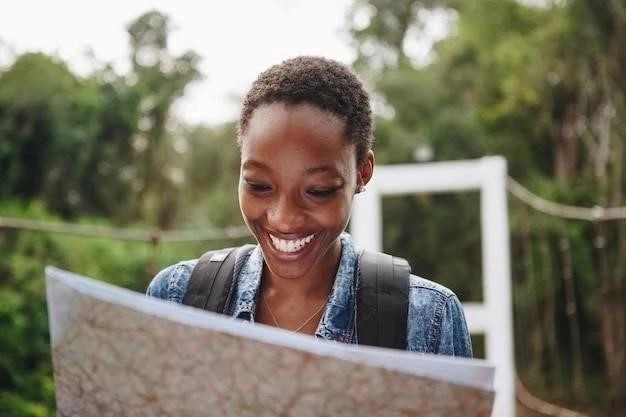
Required Documents:
To obtain a visa, you will typically need a valid passport with at least six months of validity remaining, proof of accommodation, a return or onward ticket, and sufficient funds to cover your stay.
Best Time to Visit
Rwanda’s temperate climate makes it a year-round destination, though the ideal time to visit depends on your priorities and tolerance for rain. Here’s a seasonal overview to guide your planning:
Dry Season (June to September):
This period offers optimal conditions for gorilla trekking and wildlife viewing, as rainfall is minimal and vegetation less dense, making it easier to spot animals. The dry season also sees warmer temperatures, ideal for exploring national parks and enjoying outdoor activities.
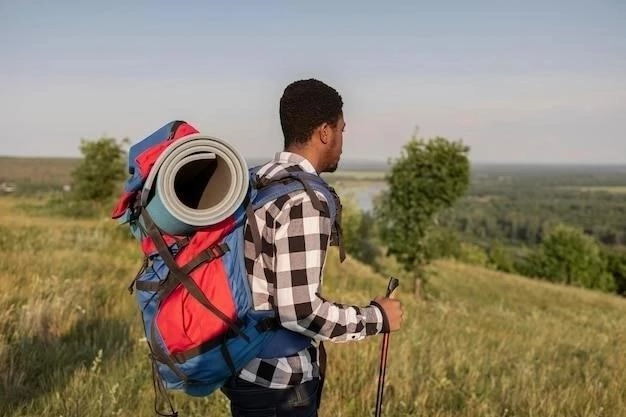
Short Dry Season (December to February):
Another window of relatively dry weather, this period is suitable for gorilla trekking and offers a chance to experience Rwanda’s lush landscapes rejuvenated by the short rains. However, accommodations and permits can be in high demand during this time.
Shoulder Seasons (March to May & October to November):
These months experience moderate rainfall, which can make for challenging trekking conditions but offers a more tranquil experience with fewer crowds. The shoulder seasons also bring lush greenery, vibrant birdlife, and potential discounts on accommodations.
Considerations:
While the dry season is popular for wildlife enthusiasts, it’s important to note that gorilla trekking permits sell out quickly, so advance booking is crucial regardless of the time of year.
Getting There and Around
Navigating Rwanda’s varied terrain and reaching its diverse attractions is made accessible through multiple transportation options:
Arrival by Air:
Kigali International Airport (KGL), located just outside the capital city, serves as the primary international gateway to Rwanda. Numerous airlines offer connecting flights from major hubs worldwide.
Domestic Flights:
For efficient travel between Rwanda’s major cities and tourist destinations, domestic flights operated by RwandAir provide a convenient option, saving time and offering scenic aerial views.
Road Transportation:
Rwanda has a well-maintained road network, and while self-driving is possible, hiring a driver or utilizing ride-hailing services like Yego Cabs is recommended for navigating unfamiliar routes and road conditions.
Bus Services:
Public buses are a cost-effective means of transportation, particularly for shorter distances. Several reputable companies operate comfortable and reliable services connecting major towns and cities.
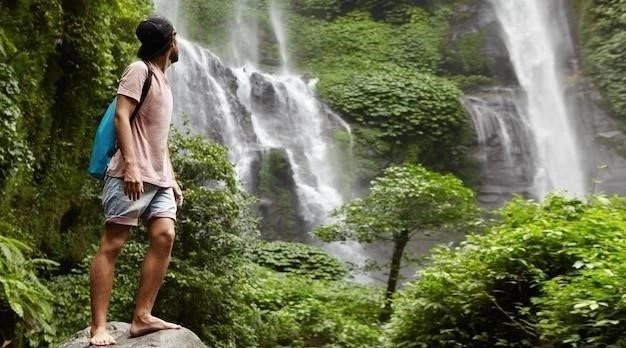
Moto-Taxis:
For shorter trips within towns and cities, moto-taxis, or motorcycle taxis, are a common and affordable mode of transportation. Negotiate fares beforehand and ensure both you and the driver wear helmets.
Accommodation
Rwanda offers a diverse range of accommodations, catering to various budgets and preferences. Whether seeking luxurious lodges or cozy guesthouses, you’ll find options to suit your travel style:
Luxury Lodges:
For an indulgent experience amidst stunning natural landscapes, Rwanda boasts a collection of luxury lodges, particularly near national parks. These lodges provide exceptional service, world-class amenities, and breathtaking views.
Boutique Hotels:
In Kigali and other major cities, boutique hotels offer a blend of style, comfort, and personalized service. These hotels often feature unique designs, locally inspired decor, and intimate settings.
Guesthouses and B&Bs:
For a more intimate and culturally immersive experience, consider staying in guesthouses or bed and breakfasts. These accommodations offer a chance to interact with local hosts, savor home-cooked meals, and gain authentic insights into Rwandan culture.
Budget-Friendly Options:Travelers on a tighter budget will find a variety of hostels, guesthouses, and budget hotels offering comfortable and affordable accommodations. These options often provide basic amenities and a chance to connect with fellow travelers.
Booking Tips:
Advance booking is highly recommended, especially during peak season. Consider your itinerary and proximity to attractions when selecting accommodation. Reading reviews from fellow travelers can provide valuable insights.
Things to Do
Rwanda’s allure lies in its diverse offerings, captivating travelers with a rich tapestry of experiences:
Gorilla Trekking:
Embark on an unforgettable adventure into Volcanoes National Park, home to the critically endangered mountain gorillas. Trek through dense forests, guided by experienced trackers, for a once-in-a-lifetime encounter with these gentle giants.
Wildlife Safaris:
Explore Akagera National Park, a revitalized savanna ecosystem teeming with wildlife. Embark on game drives to witness elephants, lions, giraffes, zebras, and a plethora of bird species in their natural habitat.
Cultural Encounters:
Immerse yourself in Rwanda’s vibrant culture by visiting local villages and engaging with communities. Learn about traditional crafts, music, dance, and customs, gaining a deeper appreciation for the country’s heritage.
Historical Exploration:
Reflect on Rwanda’s poignant history with a visit to the Kigali Genocide Memorial, a powerful testament to the 1994 genocide against the Tutsi. The memorial offers insights into this tragic event and the nation’s remarkable journey of reconciliation.
Scenic Beauty:
Explore the “Land of a Thousand Hills” with its breathtaking landscapes, from the misty volcanoes to the tranquil shores of Lake Kivu. Hike through lush forests, kayak on serene waters, and witness the country’s natural splendor.
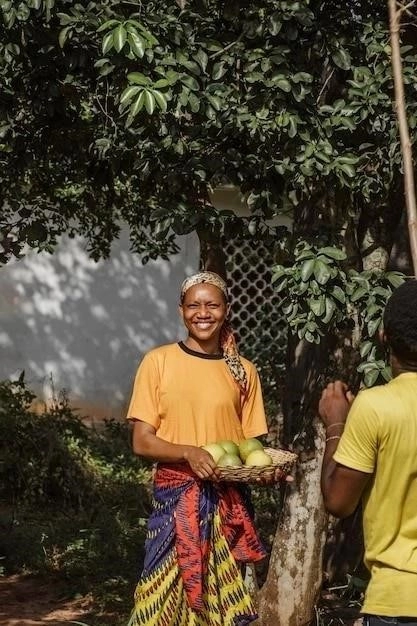
Gorilla Trekking
Gorilla trekking in Rwanda is an experience of a lifetime, offering a profound connection with nature and one of the world’s most endangered primates.
Volcanoes National Park:
This renowned park, shrouded in misty volcanoes and lush bamboo forests, provides sanctuary to several habituated gorilla families, accustomed to human presence.
Permits and Bookings:
Gorilla trekking permits are essential and limited in number to protect the gorillas and their habitat. Booking permits well in advance through the Rwanda Development Board or authorized tour operators is crucial.
Trekking Experience:
Accompanied by experienced guides and trackers, embark on a trek through the forest, the duration and difficulty varying depending on the gorilla family’s location.
Encountering Gorillas:
Once located, spend a precious hour observing these majestic creatures in their natural environment. Witness their social interactions, observe their behaviors, and capture memories that will last a lifetime.
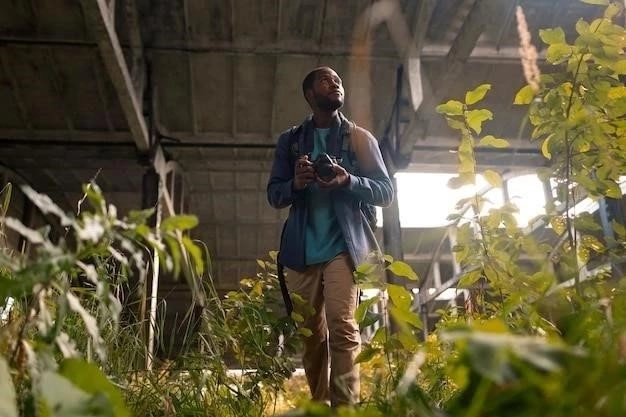
Respectful Observation:
Maintain a respectful distance, avoid flash photography, and follow your guide’s instructions to ensure the gorillas’ well-being and the integrity of their habitat.
Wildlife Safaris
Beyond its renowned gorillas, Rwanda boasts diverse ecosystems teeming with wildlife, offering remarkable safari experiences.
Akagera National Park:
Situated in eastern Rwanda, Akagera is a revitalized savanna ecosystem, home to a remarkable array of wildlife, including elephants, lions, giraffes, zebras, hippos, and crocodiles.
Game Drives:
Embark on thrilling game drives through Akagera’s diverse habitats, from open plains to acacia woodlands, guided by experienced rangers who provide insights into the park’s inhabitants.
Boat Safaris:
Explore Lake Ihema, the heart of Akagera, on a serene boat safari. Observe hippos basking in the shallows, crocodiles lurking at the water’s edge, and a plethora of birdlife, including the iconic shoebill stork.
Nyungwe National Park:

While renowned for its primates, Nyungwe also harbors forest elephants, elusive forest hogs, and a variety of antelope species, offering opportunities for unique wildlife sightings.
Conservation Success:
Rwanda’s commitment to conservation is evident in the resurgence of wildlife populations, making for a truly rewarding safari experience.
Cultural Experiences
Rwanda’s vibrant culture is deeply rooted in tradition, warmly welcoming visitors to experience its richness firsthand.
Community-Based Tourism:
Engage in authentic cultural exchanges by participating in community-based tourism initiatives. Visit local villages, interact with residents, and learn about traditional crafts, music, dance, and storytelling.
Iby’Iwacu Cultural Village:
Located near Volcanoes National Park, this immersive experience offers insights into Rwandan culture through traditional performances, crafts demonstrations, and opportunities to engage with local artisans.
National Museum of Rwanda:
Delve into Rwanda’s history, art, and culture at the National Museum in Butare. Explore ethnographic exhibits, traditional artifacts, and learn about the country’s pre-colonial past.
Traditional Music and Dance:
Experience the energy and rhythms of Rwandan music and dance, with performances often featuring traditional instruments like the Ingoma drums and captivating choreography.
Art and Crafts:
Discover the talent of Rwandan artisans, from intricate basket weaving and pottery to colorful fabrics and wood carvings. Purchasing local crafts supports communities and provides unique souvenirs.
History and Genocide Memorials
To comprehend Rwanda’s present and future, understanding its complex history, marked by both tragedy and resilience, is essential.
Kigali Genocide Memorial:
A poignant testament to the 1994 genocide against the Tutsi, this memorial serves as a place of remembrance, reflection, and education. Exhibits document the events leading to the genocide, share personal stories of victims, and highlight the country’s journey of reconciliation.
Murambi Genocide Memorial:
Located at a former technical school, this memorial stands as a chilling reminder of the brutality inflicted upon thousands who sought refuge there. Exhibits preserve the victims’ remains, serving as a stark reminder of the human cost of hatred.
National Liberation Park Museum:
Situated at the site where the Rwandan Patriotic Front launched the campaign that ended the genocide, this museum chronicles the liberation struggle and the country’s path to peace and unity.
Reflection and Respect:
Visiting these memorials is a deeply moving experience. Maintaining a respectful demeanor, adhering to photography guidelines, and allowing yourself time for reflection is crucial.
Food and Drink
Rwandan cuisine, while understated, offers a delightful fusion of flavors influenced by its East African neighbors and colonial past.
Staple Foods:
Ugali (maize porridge), rice, potatoes, and beans form the base of many Rwandan meals. These staples are often accompanied by flavorful stews or sauces, featuring vegetables, meat, or fish.
Local Specialties:
Sample Brochettes (grilled meat or fish skewers), Isombe (cassava leaves cooked with peanuts and spices), and Matoke (steamed and mashed plantains).
Fresh Produce:
Rwanda’s fertile land yields an abundance of fresh fruits and vegetables, adding vibrancy and flavor to dishes. Indulge in tropical fruits like mangoes, pineapples, and passion fruit.
Coffee and Tea:
As a major coffee and tea producer, Rwanda offers exceptional brews. Savor a cup of Rwandan coffee, known for its rich aroma and flavor, or enjoy a refreshing cup of tea, often infused with local herbs and spices.
Dining Experiences:
From local eateries offering authentic Rwandan fare to upscale restaurants serving international cuisine, Kigali and other major towns cater to a variety of tastes and budgets.



